Why do most national social protection systems lack mechanisms for enabling gender advancement? How can the Istanbul Convention help and what is its role as a global framework for social protection?
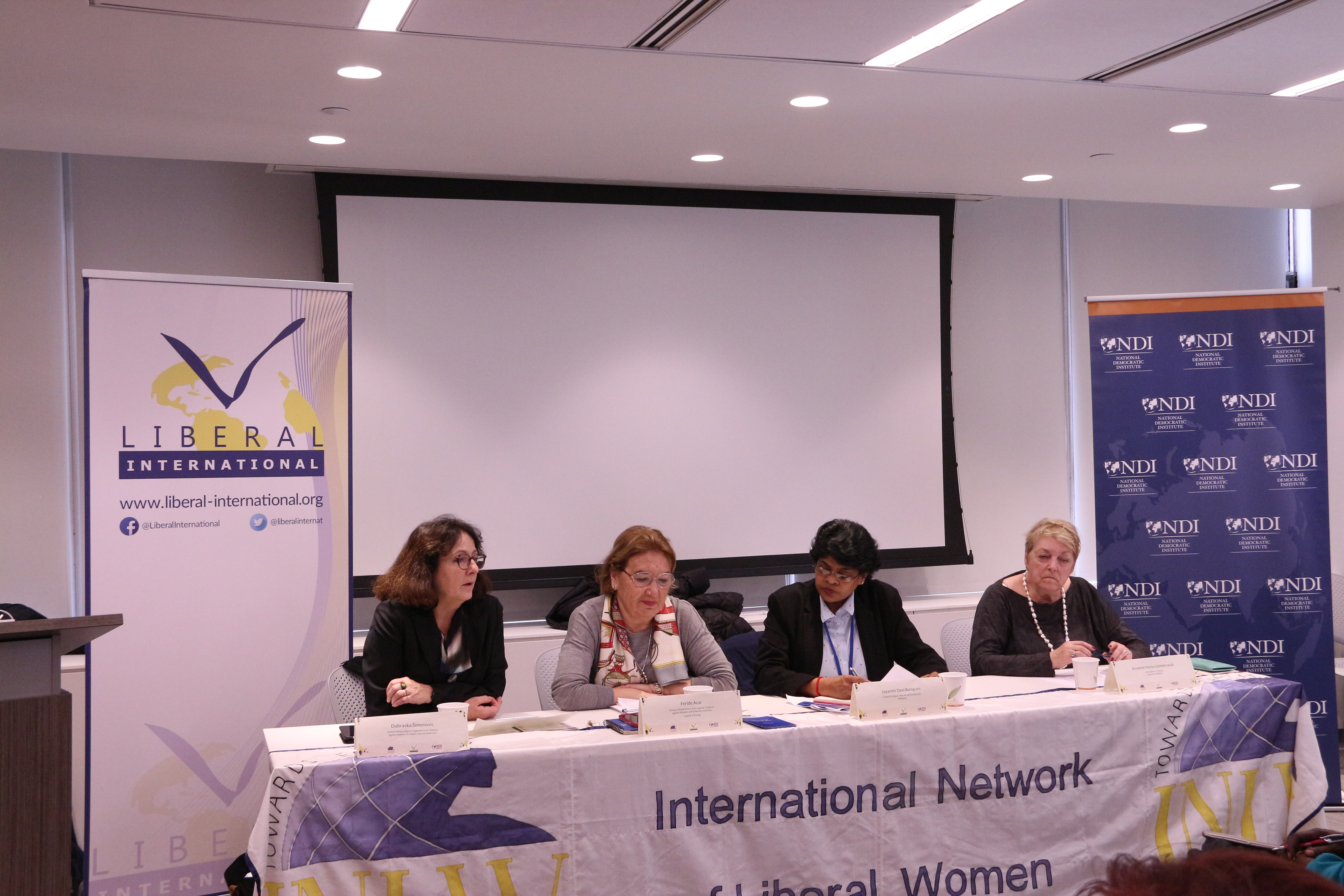
Moderator Jayanthi Devi Balaguru, president of INLW, introduced the speakers.
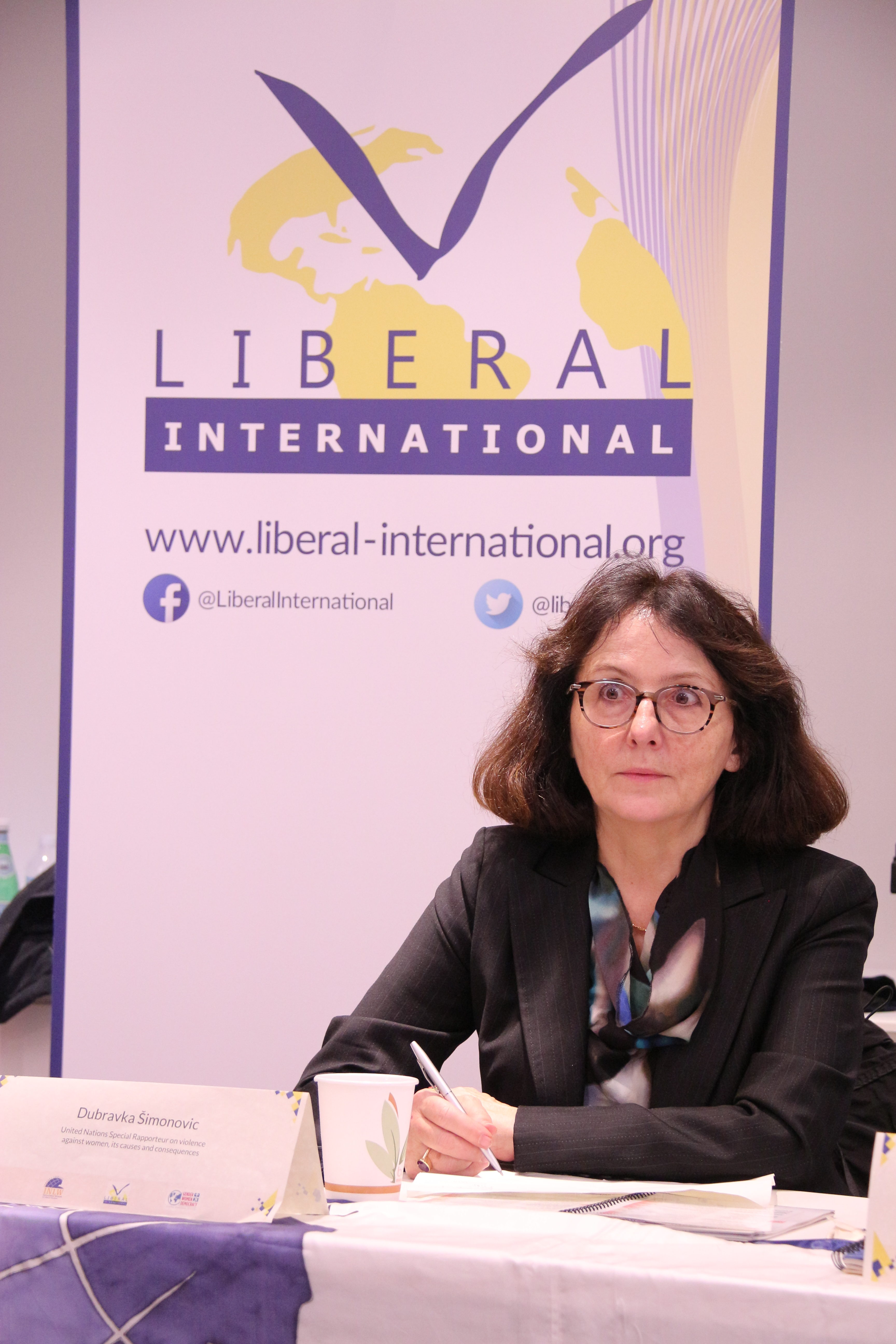
Dubrovka Simonovic, UN special Rapporteur on violence against women gave us some insight in her work. Since the start of this special function 25 years ago more is known about violence against women in detailed articles and UN has set standards that are now legally binding that can be used by everyone. What is domestic violence and what can be seen as other forms of violence. Unfortunately, not all countries have ratified these standards. She hopes that all countries will ratify the Istanbul Convention. Still if countries don’t ratify, women can use the Istanbul convention as a kind of roadmap.
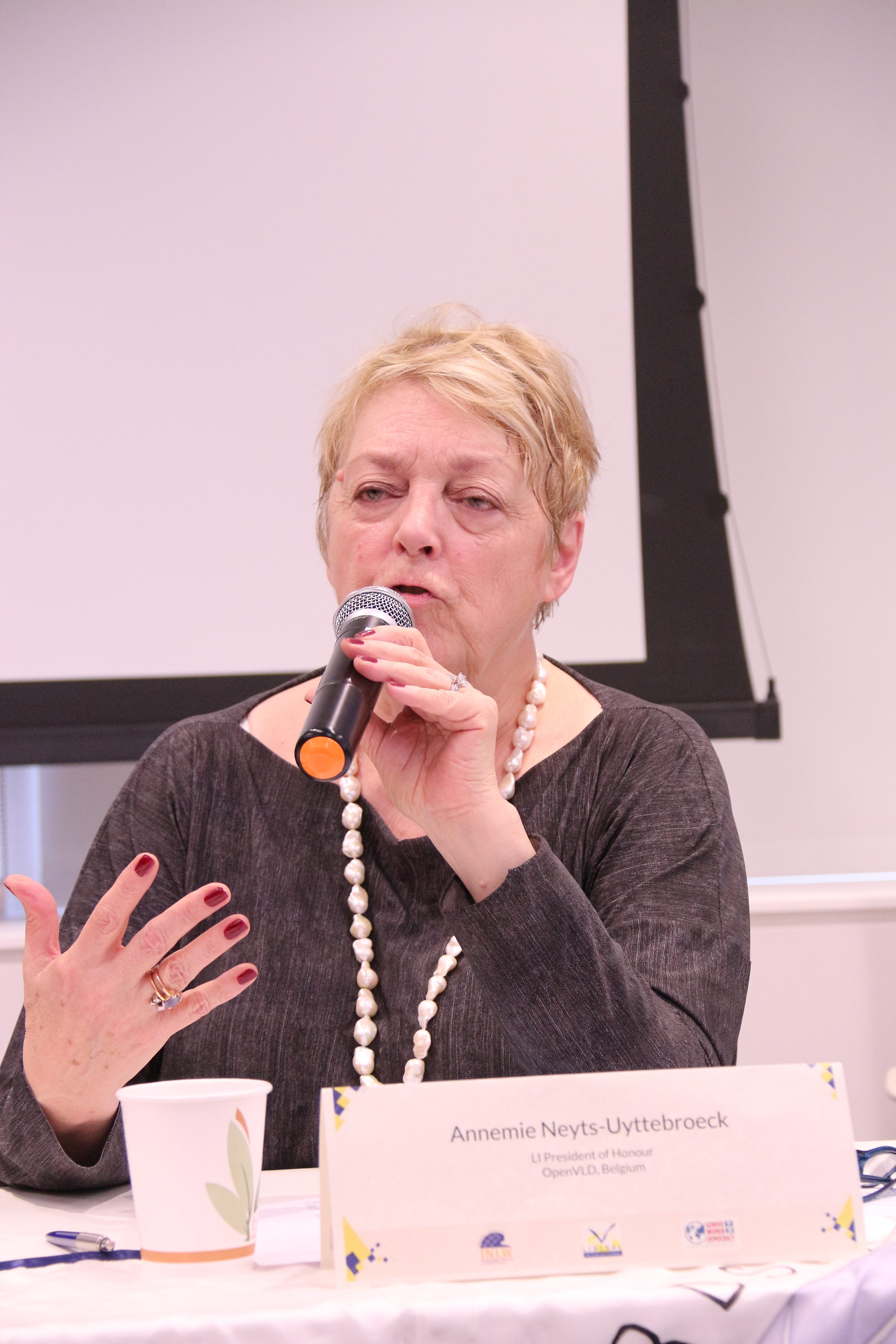
Annemie Neyts-Uyttebroeck, LI president of Honor, had a longstanding experience in European and International politics. In Belgium the standards were finally ratified in 2016. It took quite some time. The national action plan to set up “sexual result office centres” and to file sexual assault is not yet working. All partners should be set together, like in the Netherlands and the UK, than measures and instruments can be used in the same way.
Social protection is fundamental for equality of women and men. The UN reports on violence can be used as a reference to show that the weakest and poorest must be protected.
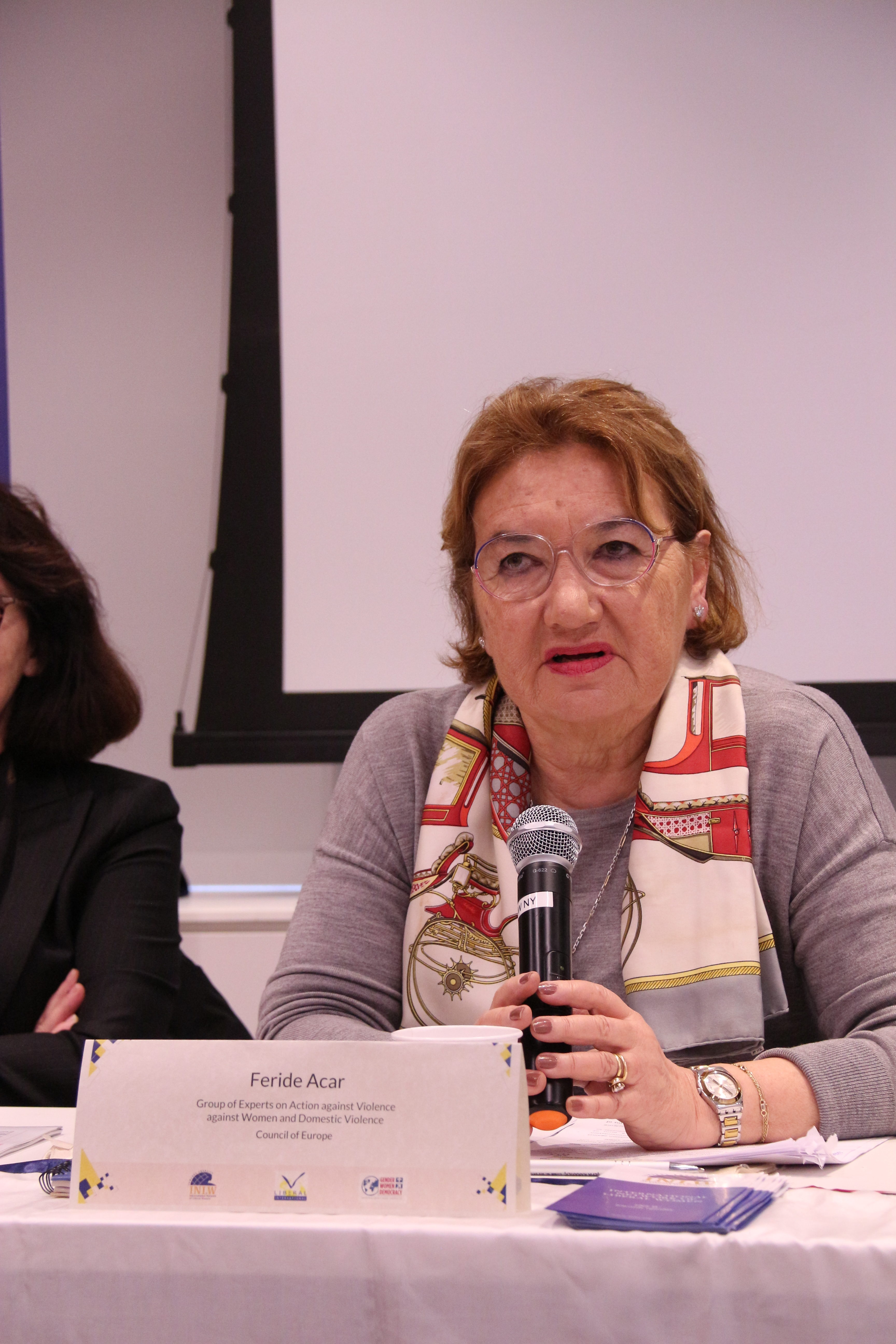
Feride Acar, Professor Emeritus of Political Science and Public Administration at Middle East Technical University in Ankara Turk, gave us some history about how some of the reports slowly came into existence. CEDAW (Elimination of All Forms of Discrimination against Women) did not have articles on violence against women at the time. In 1992 the discrimination against women became relevant and was added to articles in UN declarations. In 1993 regional treaties were added. In 2011 the Istanbul Convention adopted violence against women and started to monitor. Now 34 of the 47 countries of the Council of Europe have ratified, 11 have signed the treaty, but still should ratify it. Altogether it is a robust instrument in Europe.
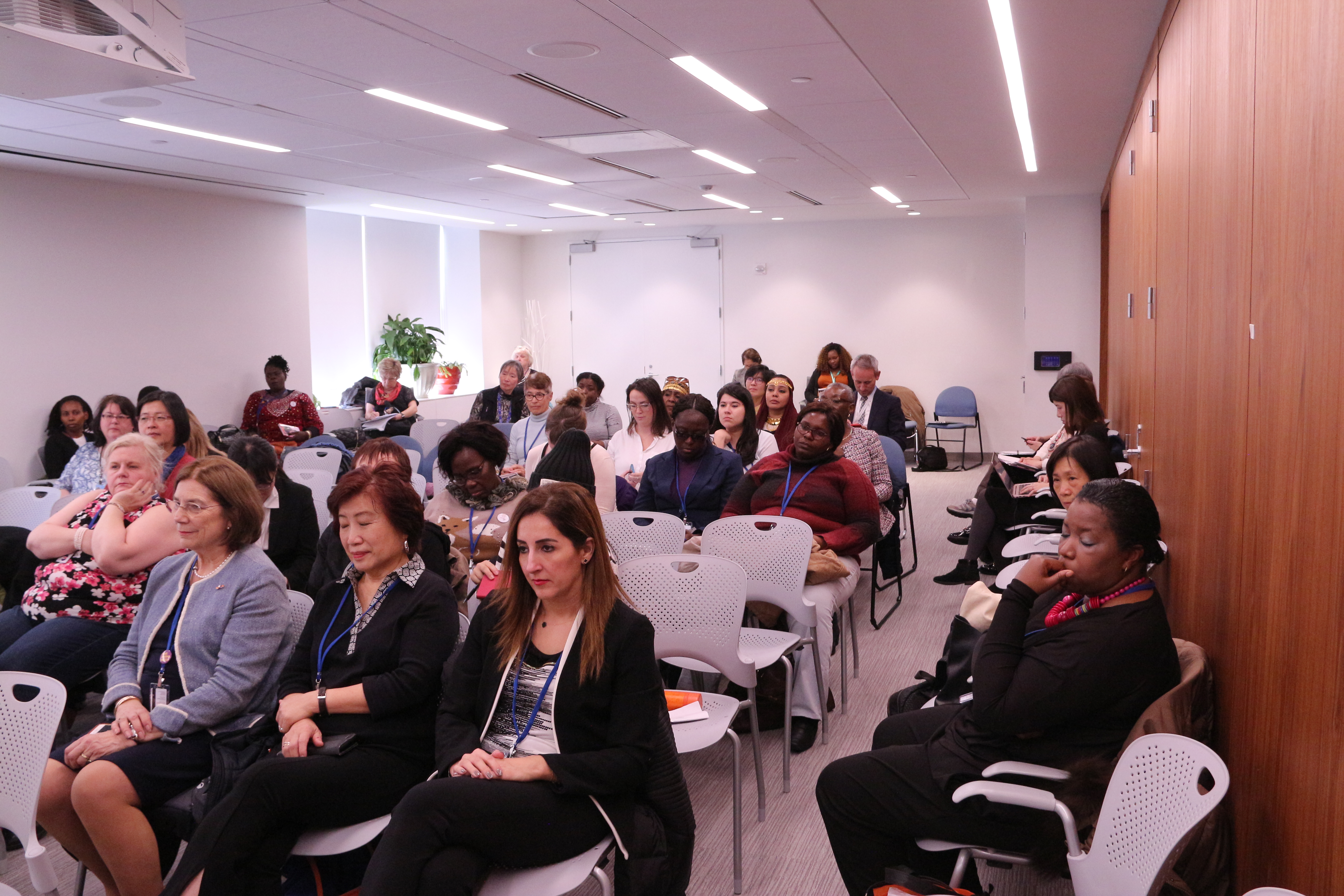
In 2017 CEDAW updated its own treaty. Gender is defined and legally binding. Gender was not a legal term originally. Gender must be accepted in education and politics. In some countries gender as a legal term is not accepted. Fortunately, most countries have ratified the new CEDAW. Other countries can use CEDAW if they don’t have the Istanbul Convention. Cedaw has been signed by the USA but not ratified. Also, civil society can use the report. Reports have impact on governments, very often they don’t have data and with these from other organizations they take measures in the end. Now we must add online violence and some more about digital spaces. Protection of platforms must also be added. CSW is a good setting for keeping everyone informed and to up-date treaties and global networks.
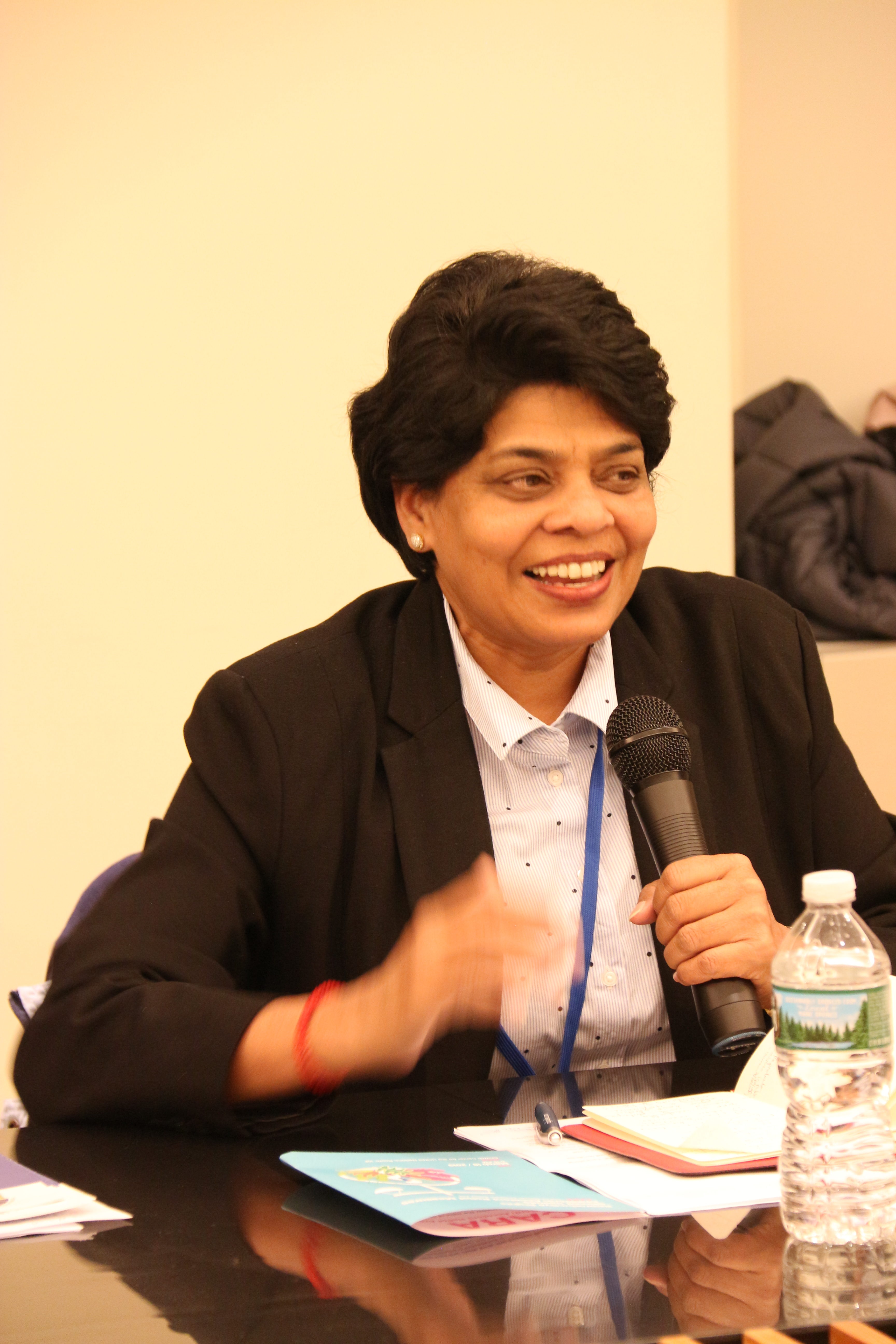
Jayanthi Devi Balaguru, finally stated “Women need to keep working & stand together for Women’s rights and equality for all women. It is a challenging time for gender equality around the world. It is important for liberal parties to stick together and inspire each other. Treaties such as the Istanbul Convention are relevant for a better position for women and girls. CSW is a useful meeting point to expand your network and influence governments and hopefully next year many will meet again in NY”.

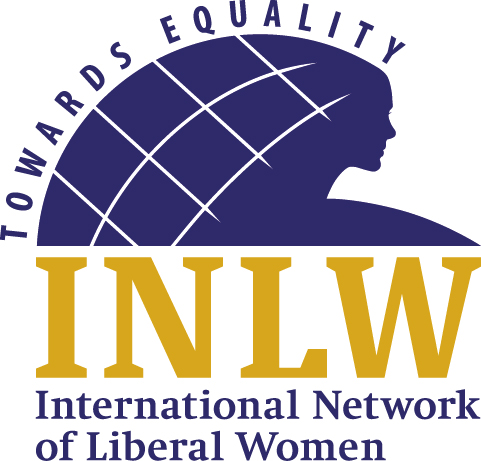
 Visit our Facebook page
Visit our Facebook page